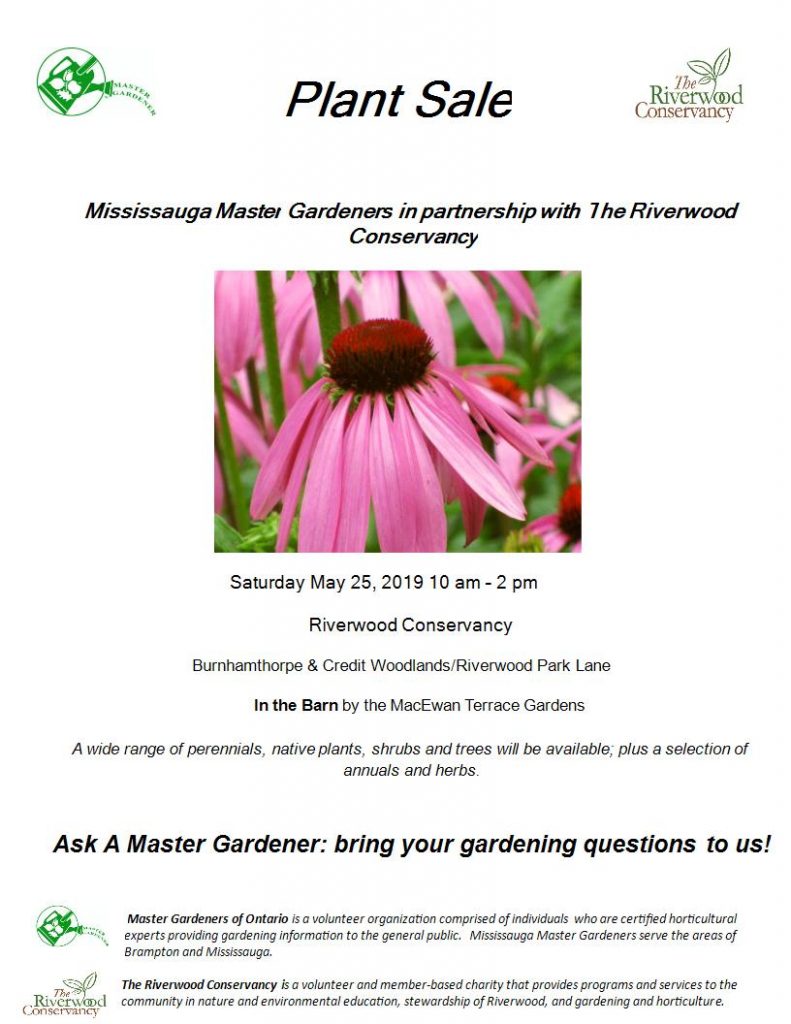 Pandemic is providing an opportunity to build better connections with our food by creating edible gardens.
Pandemic is providing an opportunity to build better connections with our food by creating edible gardens.
Story from The Mississauga News includes an interview with our own MMG Michelle Wilson.
Our new COVID-19 world has changed the way we as a society live and consume. In just a few weeks since physical distancing and other health regulations were put in place, communities have quickly learned how to adapt and react.
One area that has been impacted most is food, leading to food insecurity.
Since the pandemic was declared nearly two months ago, food bank usage has increased, farmers are having to discard their produce due to closures of large customers like restaurants, and talks of food shortages are everyday occurrences.
But one “hobby” is emerging as a potential solution to our food woes. The interest in gardening and growing your own food has bloomed immensely.
“On multiple levels this is definitely a trend that has happened around the world,” said Joe Nasr, of Ryerson University’s Centre for Studies in Food Security and Toronto Urban Growers.
“People are concerned, and more exposure is making them think of the food and agriculture system in a more tangible way.”
Nasr believes there are multiple reasons behind the spike in amateur gardening.
Not only do more people have time of their hands, gardening can also be a therapeutic release during stressful times. Not to mention potential food shortages or how many people rely on community gardens — which were closed until recently — for their food supply.
“A shortage of food hasn’t happened yet, but it can easily happen. Food coming from Mexico to feed Canada is dependent on access to borders,” said Nasr.
For Jane Hayes of the Erin Mills Community Garden and Garden Jane, she believes this opportunity allows people to connect with memories of the past and cites victory gardens from the war.
“You’re essentially joining quite a big movement and that is reassuring,” she said.
She also lists giving people a sense of control, self-soothing and calmness as additional benefits of taking up gardening.
Michelle Wilson of the Master Gardeners Mississauga and Chinguacousy Garden Club believes the move to growing your own produce is the right step to self-sufficiency.
“We need to move away from ‘nice looking’ to having something to eat,” she said, explaining that aesthetically pleasing lawns and flower beds are not of such importance.
“These are trying times, if we get a second wave that (growing for aesthetics) is going to disappear, people do need to garden for themselves for security.”
Wilson has spent many years learning the do’s and don’ts of gardening and planting and has provided some tips for those experimenting with their green thumbs.
For the first time-gardener, it’s best to pick plants that are easiest to grow. Vegetables like radishes, herbs, lettuce, tomatoes, kale, swiss chard and squash are some that Wilson suggests.
Growing vegetables from plants instead of seeds is also suggested for beginners.
“Your garden area needs to have good drainage,” says Wilson, adding it will also need access to rain and good light, at least 6-8 hours of sunlight daily.
Enriched soils are better for growing conditions and Wilson suggests keeping your food waste to do the job. Crushed eggshells, coffee grounds and banana peels can be mixed in to create organic compost.
A tip that is often forgotten is giving your plants enough space, as Wilson explains, “a lot of times you get excited and plant too much.” Overcrowding will lead to the death of your plants.
If you don’t have access to garden space, Wilson suggests grabbing a pot and start experimenting.
“There’s no reason why we can’t grow things in pots,” says Wilson. “But they have to have deep roots.”
Beets, carrots, kale and swiss chard need pots large enough to home the growing roots, while herbs, lettuce and green onions can be grown in shallow containers.
Pots and containers will need to be placed in a sunny location to get their 6-8 hours of sun.
Wilson cautions that growing vegetables in containers above ground often dry out quickly and will need to be monitored during the warmer months.
In general, Wilson says to keep it simple — have fun and grow only what you will eat.
“Do not expect to learn everything all at once, there will be failure along with the success,” she said.
“This is key.”
For the meantime, there is no denying the impact of growing your own food, but will this practice continue after the pandemic is over? Both Wilson and Nasr hope the answer to that question is yes.
Hayes sees this moment as a chance to “learn how to improve our local food access and our relationship with foods, with farmers and with our fellow community members,” and hopes to see these relationships flourish in the future.
 Pandemic is providing an opportunity to build better connections with our food by creating edible gardens.
Pandemic is providing an opportunity to build better connections with our food by creating edible gardens.




